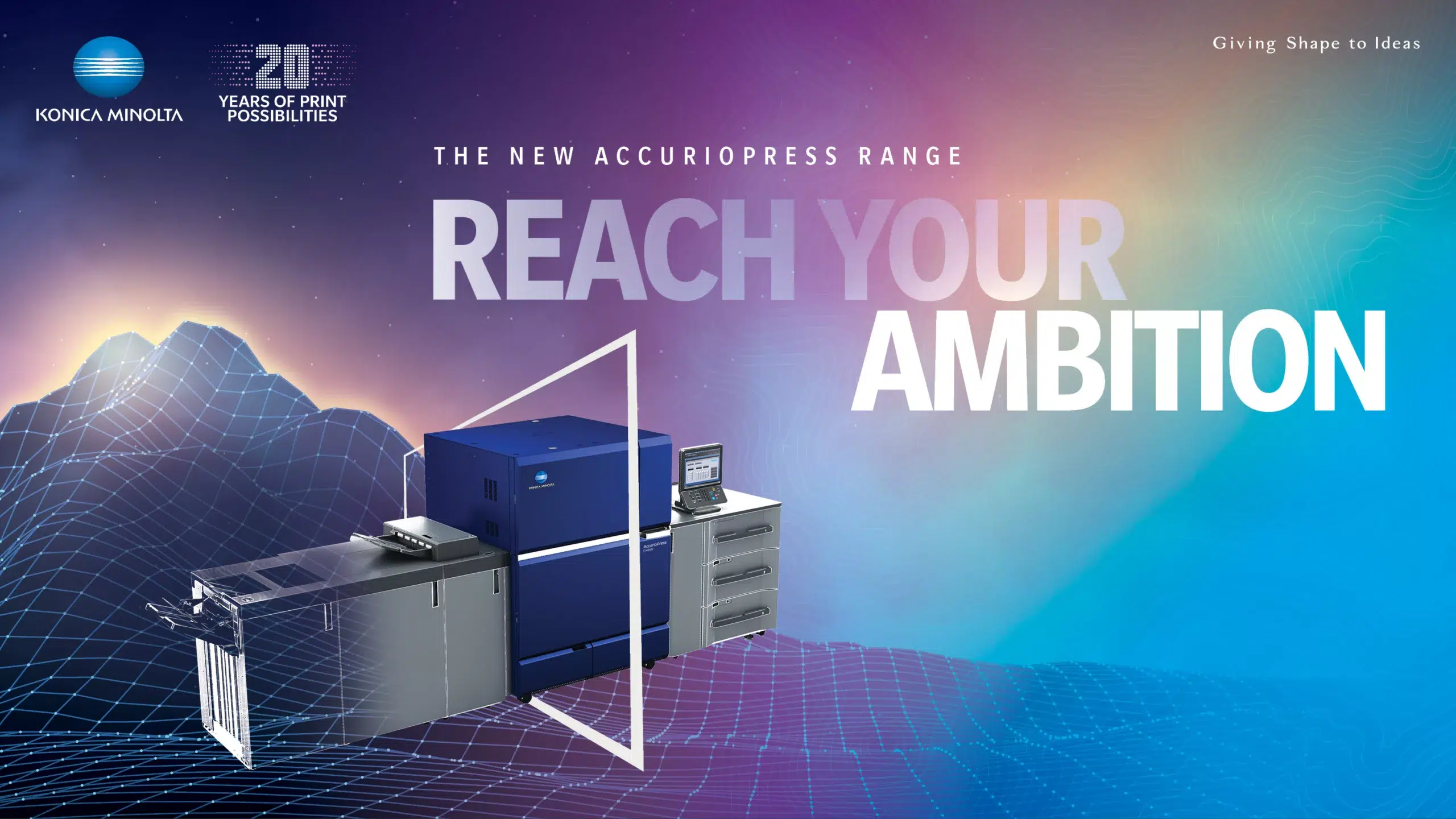We live in an idea economy, where fresh thinking and new ideas form the currency of the day. With competitive marketplaces that are becoming more crowded by the minute, companies need to be innovative companies to survive.
Some of the most recognisable products in the world today have originated from existing employees. 3M employees developed the ubiquitous Post-it note and Google employees secured hundreds of millions of loyal customers through Gmail.
Fostering environment in which these ideas can take root and flourish is an essential approach for the future of work. So how do you encourage and champion great ideas?
Schedule in some ‘Dabble Time’
Leading innovators are encouraging employees to work on ideas beyond their job description. ‘Dabble time’ is officially scheduled into the diaries of employees at companies like Google and Gore Tex, where people are encouraged to exercise their imaginations by reading, drawing, daydreaming and creating.
In addition to ‘dabble time’ it’s widely known that many people come up with their best ideas in the shower, or just after a nap, when our minds are most relaxed. For example, did you know that five of Elon Musk’s most revolutionary ideas occurred to him while showering? As for naps, Aristotle, Dali, Edison and Einstein are just a few people famous for plucking some of the greatest ideas of all time out of their dream-state.
Collect everyone’s ideas
Not everyone is a strong or loud communicator and the workplace is full of diverse personalities and ideas. Often the loudest employees get heard the most, but that doesn’t mean those less inclined to speak up in a crowd, don’t have ideas.
Encourage less vocal employees to communicate their ideas too by removing the competitive nature of the environment. One such technique is ‘brain writing’. In this technique, you simply ask people to write their initial ideas on a piece of paper. Participants then swap papers with each other, spend a few minutes reading the thoughts on the page, and then spend another couple of minutes writing their thoughts on the ideas in front of them. You can repeat this process for two or three rounds (or as many as feels right), and then all sheets are collected for group discussion.
Follow through
It is not simply enough to encourage ideas. Innovative organisations reward and pursue their employee’s ideas. A defined process should be in place to test, validate and reward ideas that produce results.
Without company support potential game changing products and money-saving ideas remain untapped, and their initial promise unfulfilled. And when a new great idea comes up employees will be less likely to share with the company.
Ideas need time and investment to thrive, along with encouragement and rewards for their success.
There’s a treasure trove of ideas waiting to be discovered in the workforce and successful companies are already seeing the benefits, so why not your company too?
Visit KM Spotlight to read more.




